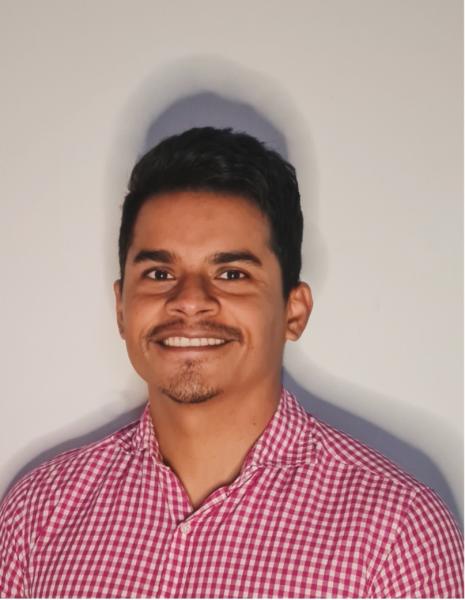A decade of prospective evaluations of earthquake forecasting models in California: What have we learned and what can we do with it?
Toño Bayona
University of Bristol

- Date & Time
- Location
- Online-only seminar via Microsoft Teams
- Summary
The Collaboratory for the Study of Earthquake Predictability (CSEP) is a global community of scientists whose mission is to advance earthquake predictability research though the rigorous and prospective evaluation of probabilistic seismicity forecasts. One of CSEP’s major international achievements is the development and operation of dozens of time-varying and time-invariant seismicity models for California, including various versions of the well-established Epidemic-Type Aftershock Sequence (ETAS) and Short-Term Earthquake Probability (STEP) models, globally calibrated models, hybrid models and non-parametric models. Over the past ten years, prominent seismic sequences, such as the 2010 Mw 7.2 El Mayor-Cucapah, 2014 Mw 6.8 Ferndale, and 2019 Mw 7.1 Ridgecrest sequences, have been observed in California, providing a unique opportunity to comprehensively evaluate our current ability to forecast earthquakes and thus improve probabilistic seismic hazard assessments. In this talk, I will describe the models, statistical tests and data used in two CSEP forecast experiments, one comparing globally calibrated earthquake forecasting models with regional models and the other evaluating one-day seismicity models for California, and present the results of their respective prospective tests. I will discuss, in particular, the ability of the models to forecast the number and epicentral locations of observed M ≥ 4 earthquakes and compare their short- and long-term performance with that of an time-invariant smoothed seismicity model.
Closed captions are typically available a few days after the seminar. To turn them on, press the ‘CC’ button on the video player. For older seminars that don’t have closed captions, please email us, and we will do our best to accommodate your request.
 Jump to Navigation
Jump to Navigation